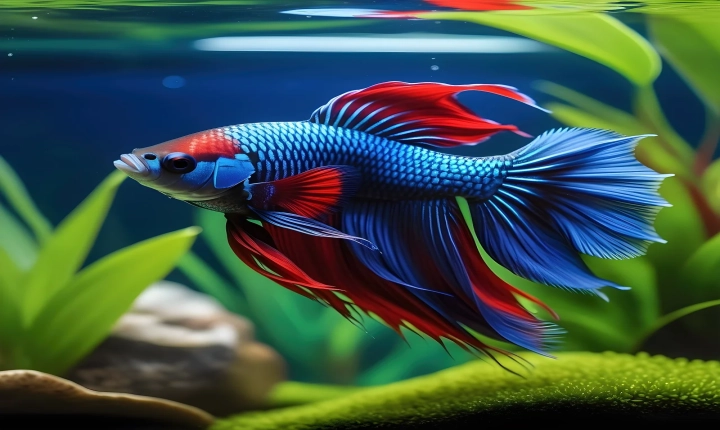Title: How to Get AI to Sing a Song: A Guide
In recent years, artificial intelligence (AI) has made significant advancements, especially in the field of music. One of the most intriguing developments is the ability of AI to sing songs, which has opened up a whole new world of creative possibilities. Whether you are a musician looking to collaborate with AI or a tech enthusiast interested in exploring the potential of AI-generated music, here is a guide on how to get AI to sing a song.
Understanding AI Music Generation
Before delving into how to get AI to sing a song, it is important to understand how AI is capable of creating music. AI music generation is made possible through the use of machine learning algorithms, neural networks, and vast datasets of existing music. These technologies enable AI to analyze patterns, chord progressions, melodies, and song structures, and then generate original musical compositions.
Accessing AI Singing Models
There are several platforms and tools available that provide access to AI singing models. One of the most prominent examples is OpenAI’s Jukebox, which uses machine learning to generate music, including vocal tracks with lyrics. Other platforms such as Amper Music and AIVA also offer AI-generated music creation tools that can be used to make the AI sing a song.
Choosing the Right Inputs
To get AI to sing a song, it is essential to provide the AI model with the right inputs. This includes selecting the musical style, genre, and mood that you want the AI to emulate. Additionally, providing the AI with a set of lyrics or a melody can help guide the songwriting process and enable the AI to create a cohesive vocal performance.
Training the AI Model
Depending on the platform and tools being used, training the AI model may be necessary to achieve the desired singing capabilities. This involves providing the AI with a large dataset of vocal recordings and lyrics to learn from. Through iterative training and fine-tuning, the AI can develop the ability to sing in a specific style and manner.
Collaborating with AI
Once the AI model has been trained and is capable of singing, collaborating with it to create a song can be an exciting and innovative process. Musicians can work alongside the AI to contribute musical elements, refine the vocal performance, and experiment with different song structures. The AI can serve as a creative partner, providing unique insights and ideas that may not have been otherwise considered.
Experimenting with AI-Generated Vocal Effects
Beyond simply singing a song, AI can also be used to create unique vocal effects and textures, expanding the possibilities of music production. By leveraging AI-generated vocal processing and manipulation techniques, musicians can explore new sonic landscapes and push the boundaries of traditional singing.
Considering the Ethical Implications
As with any AI technology, it is important to consider the ethical implications of using AI to sing a song. This includes issues related to copyright, ownership of AI-generated music, and the potential impact on human musicians and vocalists. Ensuring transparency and ethical usage of AI in music creation is crucial for the continued advancement of AI-generated music.
In conclusion, the ability of AI to sing a song represents a fascinating intersection of technology and creativity. By understanding the fundamentals of AI music generation, accessing AI singing models, providing the right inputs, training the AI model, and collaborating with AI, musicians and enthusiasts can explore new frontiers in music creation. With careful consideration of ethical implications, AI has the potential to revolutionize the way we approach music composition and performance, offering a wealth of exciting opportunities for innovation and artistic expression.
